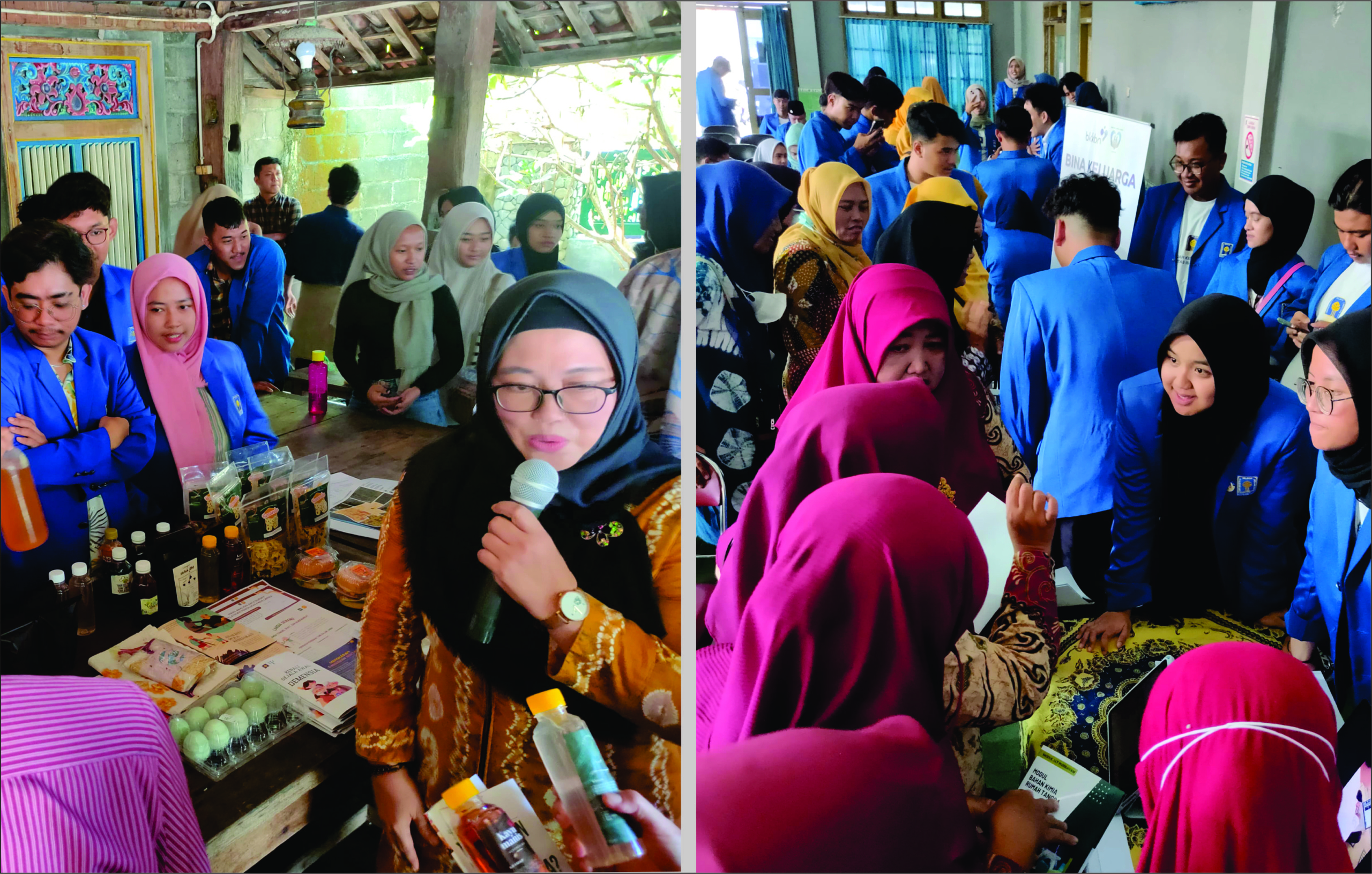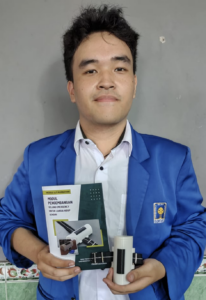International Journal Workshop and Clinic 2025: Strategies for Publishing in Reputable Journals
In an effort to improve the quality of scientific publications by lecturers and researchers, Universitas Islam Indonesia (UII) held the 2025 International Journal Workshop and Clinic on Thursday, May 15, 2025, at the DPPM UII Meeting Room. The event featured two prominent experts in scientific publishing: Dr. Indri Dwi Aprilliyanti from Universitas Gadjah Mada (UGM) and Ganjar Fadillah, Ph.D., Editor-in-Chief of the Indonesian Journal of Chemical Analysis (IJCA) and a member of Stanford University’s list of the world’s top 2% scientists.
The Importance of Patience and “Divine Pathways” in Scientific Publishing
The event was officially opened by Prof. Ir. Eko Siswoyo, S.T., M.Sc.ES., Ph.D., IPU, representing the Vice Rector for Academic Development and Research, Prof. Dr. Jaka Nugraha, S.Si., M.Si., who was unable to attend. In his opening remarks, Prof. Eko emphasized that publishing in reputable international journals requires a high degree of patience.
“Rejection is common. In addition to hard work, there’s also a ‘luck factor’ we must pursue, including prayer as a form of what I call ‘divine pathways’,” he said.
The workshop was moderated by Prof. Dr. rer. soc. Masduki, S.Ag., M.Si., who guided discussions on various strategies for writing international journal articles, including data quality, methodological rigor, and the use of artificial intelligence (AI).
Avoid Broad Topics and Unfocused Approaches
Dr. Indri Dwi Aprilliyanti, author of several Q1 Scopus-indexed articles, discussed common challenges faced by researchers when starting their studies.
“Many fall into the trap of choosing topics that are too broad without a clear focus, making it difficult to position their research within the existing literature,” she explained.
She warned that case-based approaches without clear research questions can lead to irrelevant findings.
“Identifying a phenomenon alone is not enough. You must narrow it down,” Indri asserted.
She outlined systematic steps for developing research ideas, including identifying current trends and different types of research gaps: theoretical, empirical, knowledge-based, and phenomenon-based.
Common Reasons for Rejection and Tips for Reviewers
Dr. Indri also shared some of the most common reasons manuscripts are rejected, including:
- Topic is too broad or too narrow
- Unclear research contribution
- Weak theoretical foundation
- Overly descriptive analysis
- Vague or unsubstantiated claims of contribution
As an experienced reviewer, she also offered practical tips:
“When reviewing a manuscript, ask yourself: What’s the most interesting point? Why would this paper be rejected? If I had to cut 40% of the content, what would I keep?”
Choose Engaging Topics and Utilize AI
Ganjar Fadillah, Ph.D., the second speaker, highlighted the importance of selecting topics that capture readers’ attention.
“The title and keywords must be strong. Use software tools to track current research trends,” he advised.
He demonstrated various tools for data processing and complex analysis that can significantly improve the quality of research.
“High-quality publications take time. AI can help speed up the writing process, but originality must never be compromised,” he noted.
Coaching Clinic: Hands-On Practice with Experts
Following the presentation sessions, participants joined a coaching clinic on article writing, guided directly by Ganjar Fadillah, Prof. Masduki, and Dr. Jaya Addin Linando, S.E., MBA. This session provided a valuable opportunity for participants to receive feedback and consultation on their manuscript drafts.
(Wid.HP)
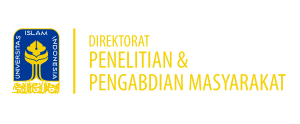
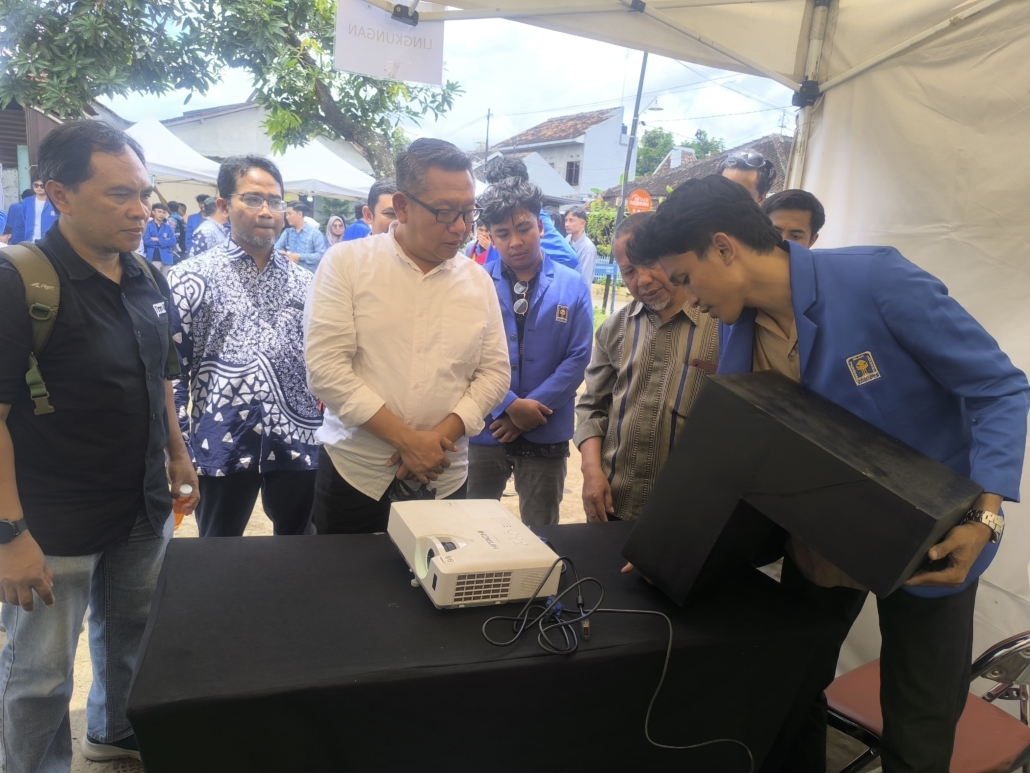
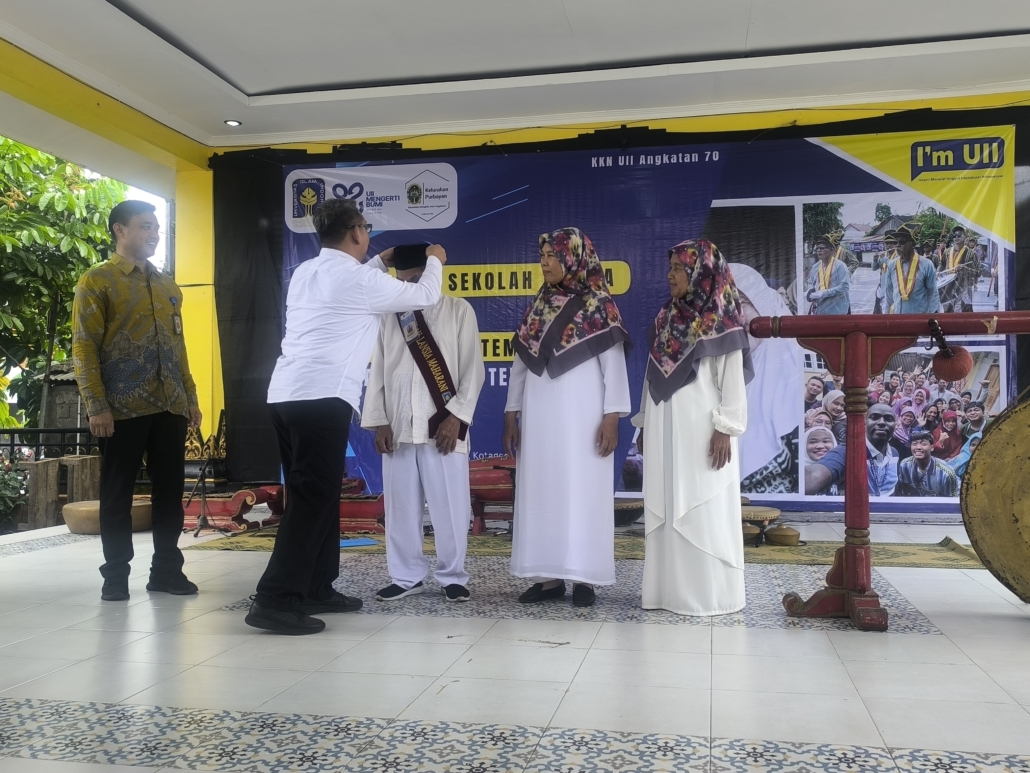
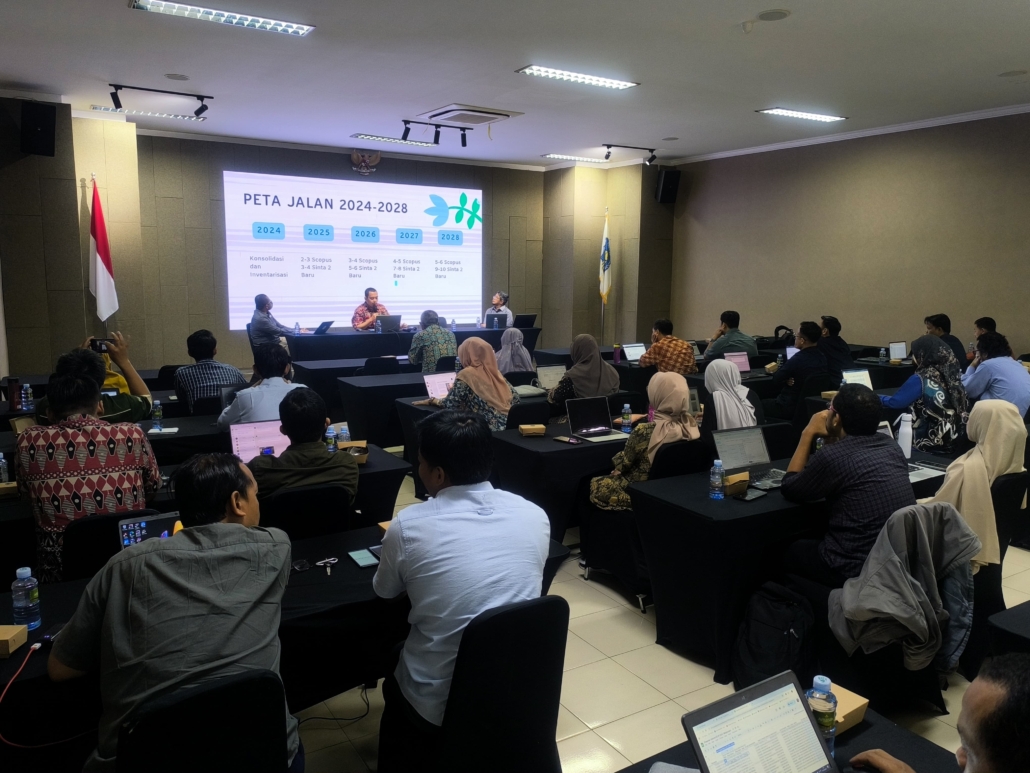
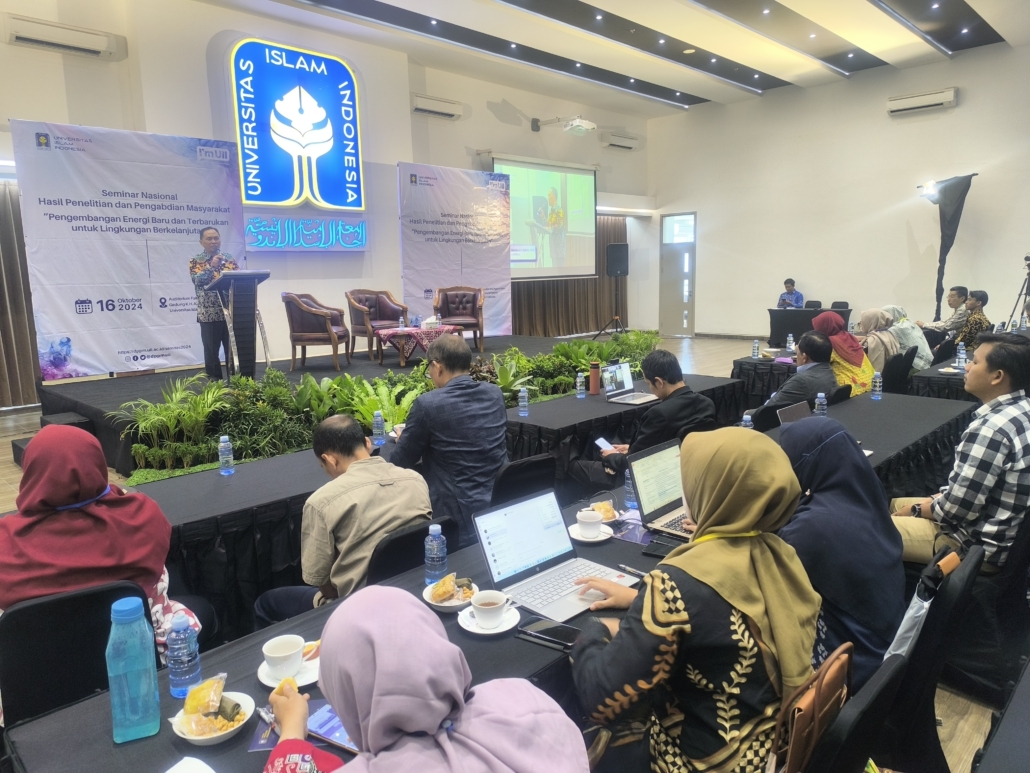
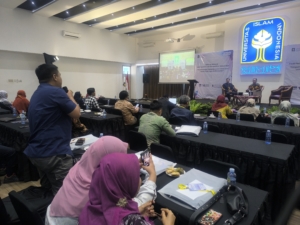
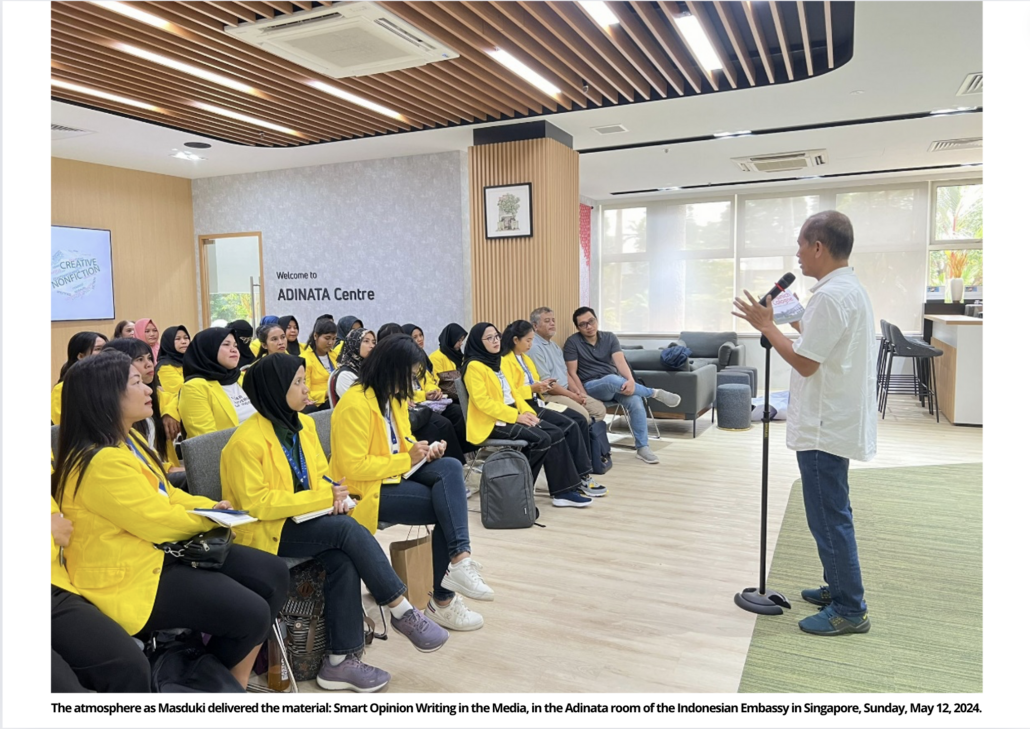 (Singapore, May 12) The Indonesian Islamic University (UII), as one of the leading private universities in Indonesia, reaffirms its commitment to continuously developing international networks and providing high-quality higher education services to Indonesian citizens through teaching, research, and community service.
(Singapore, May 12) The Indonesian Islamic University (UII), as one of the leading private universities in Indonesia, reaffirms its commitment to continuously developing international networks and providing high-quality higher education services to Indonesian citizens through teaching, research, and community service.

